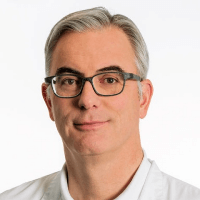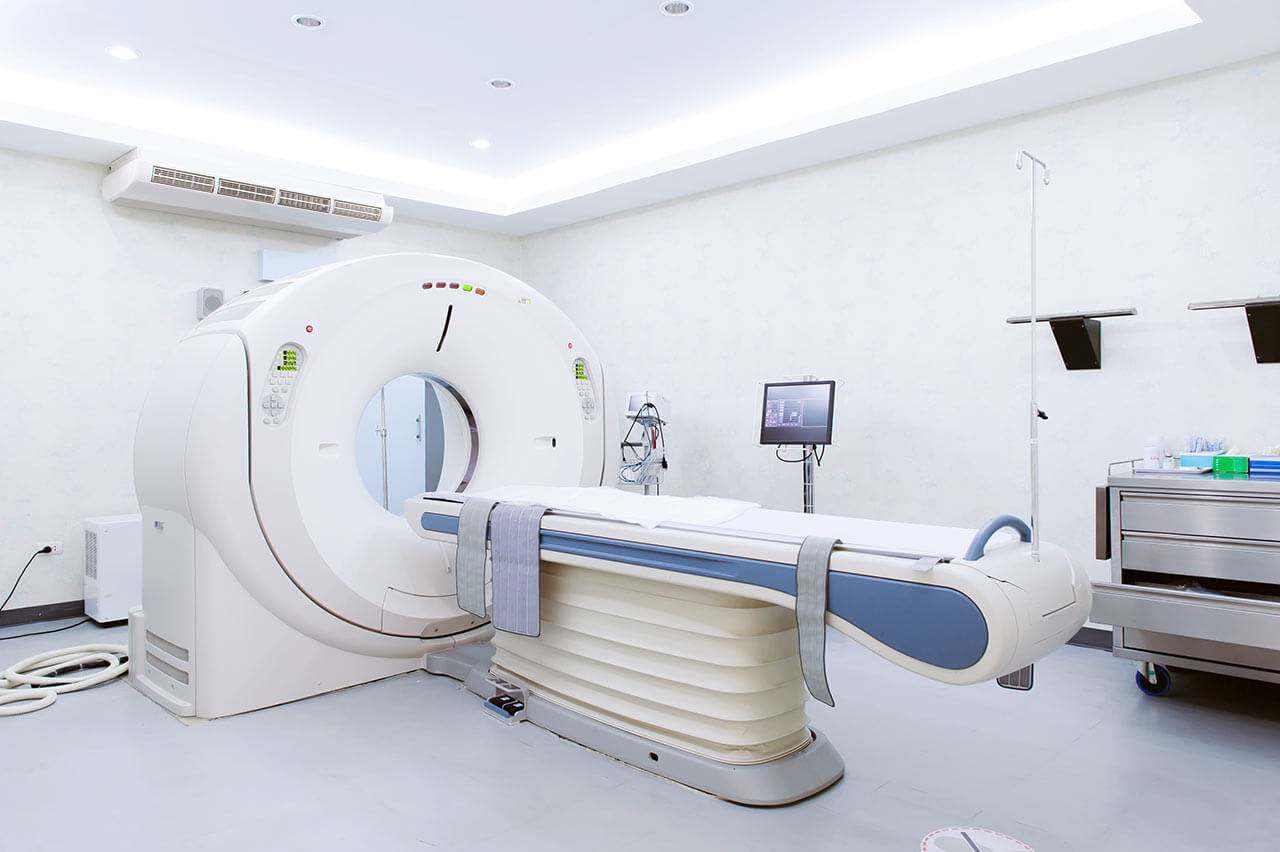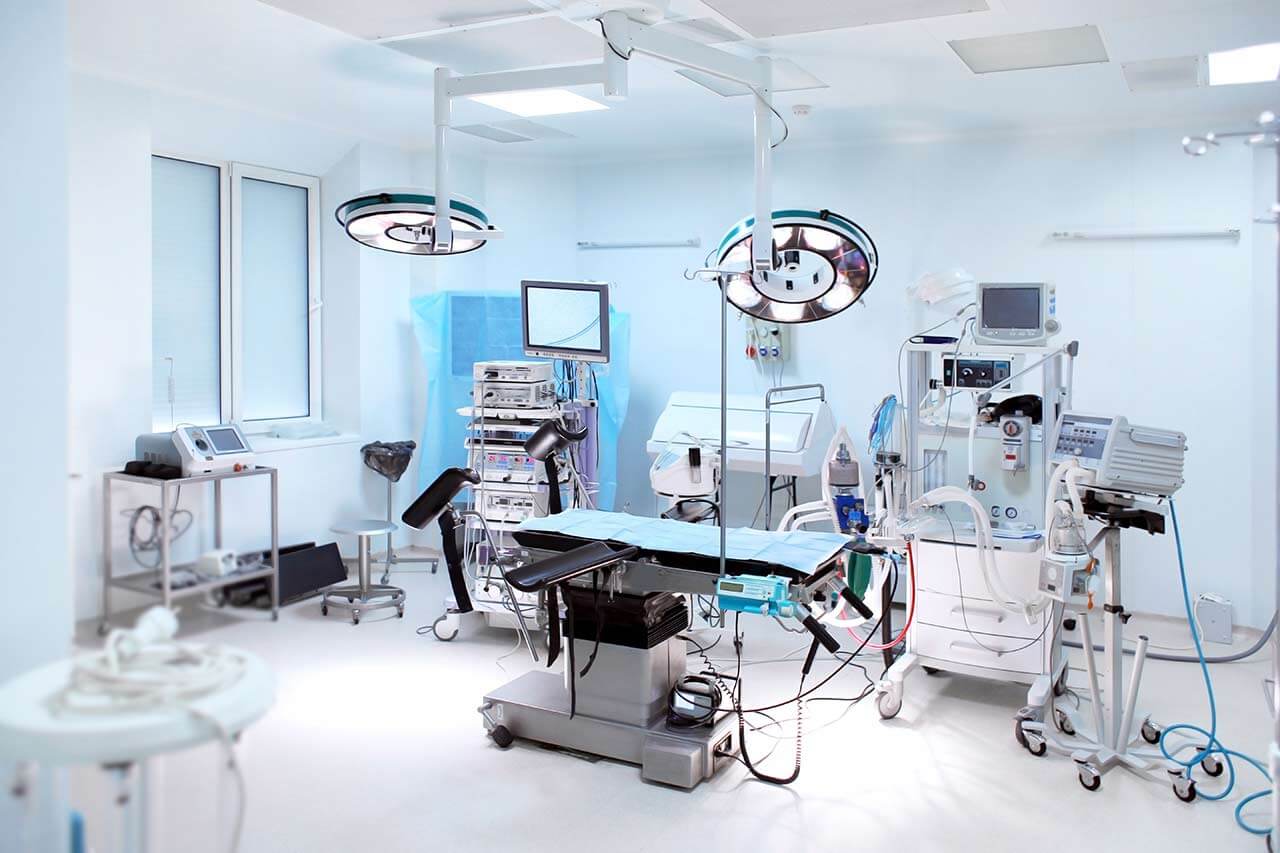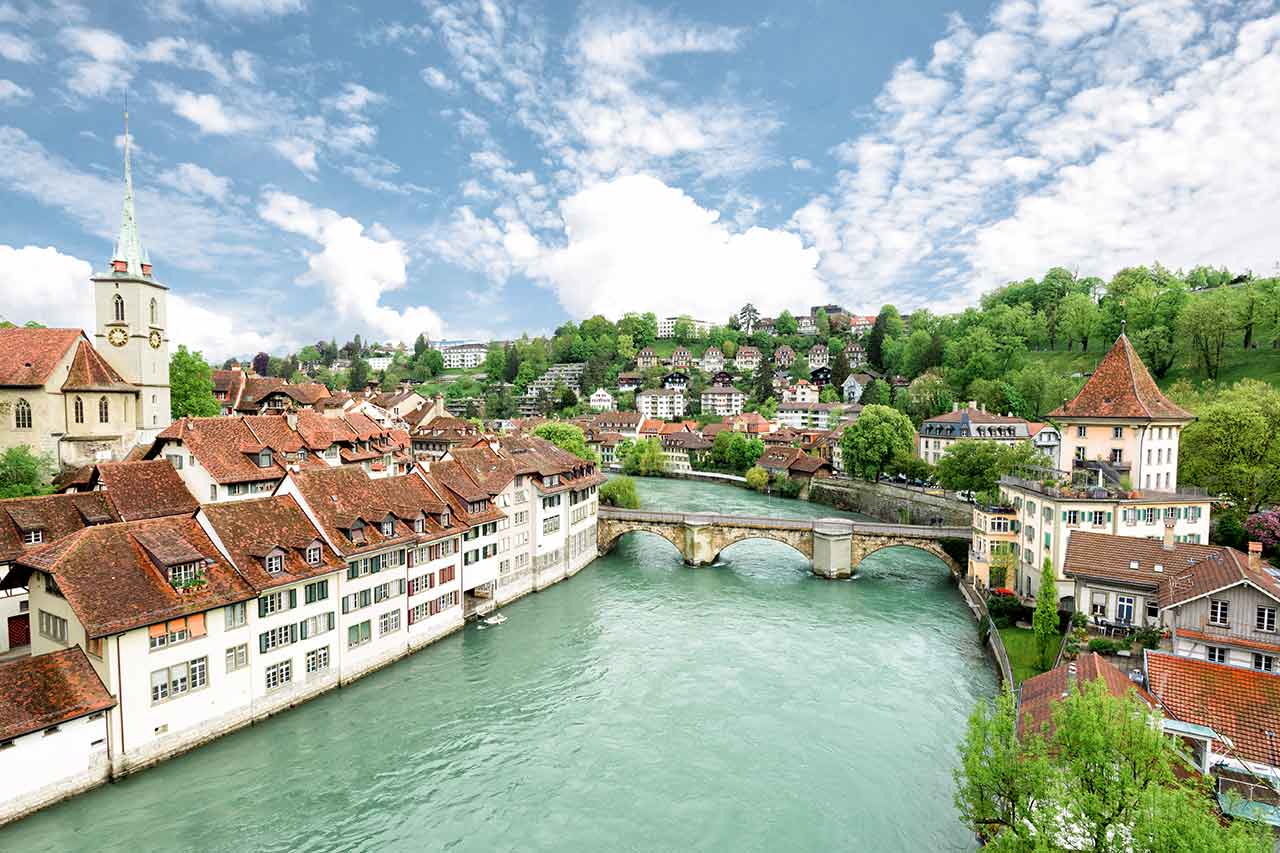
The program includes:
- Initial presentation in the clinic
- clinical history taking
- review of medical records
- physical examination
- laboratory tests:
- complete blood count
- general urine analysis
- biochemical analysis of blood
- inflammation indicators (CRP, ESR)
- indicators blood coagulation
- neurological examination
- functionality x-ray
- neuropsychological tests (on indications):
- ENMG (electroneuromyography)
- SEPs (somatosensory evoked potentials)
- CT/MRI of the spine
- myelography
- preoperative care
- decompressive laminectomy with stabilization
and discotomy (1 segment) - postoperative control
- symptomatic treatment
- control examinations
- the cost of essential medicines and materials
- nursing services
- full hospital accommodation
- developing of further guidance
Required documents
- Medical records
- X-ray examination, MRI/CT scan (if available)
Service
You may also book:
 BookingHealth Price from:
BookingHealth Price from:
About the department
The Department of Spinal Surgery at the Hirslanden Salem-Spital Bern offers the full range of modern conservative techniques and surgical interventions for the treatment of spinal diseases. The department has the status of one of the largest specialized medical facilities of this kind in Switzerland. The Chief Physician of the department is Prof. Dr. med. Ulrich Berlemann.
The competent team of specialized doctors, physiotherapists and nurses cooperate closely for the benefit of their patients, applying all their clinical experience and expert knowledge for the restoration of back health. If possible, the doctors try to solve the problem using conservative methods, but in the case of absence of positive dynamics, they resort to surgery. Any therapeutic measures are prescribed individually, according to the medical history and diagnostic data of a particular patient.
The first stage of treatment is a consultation with a doctor, during which the patient tells in detail about his complaints, the type of pain syndrome, its location, previous injuries or spinal diseases, etc. Taking into account all the history data, the doctor will prescribe the necessary diagnostic examinations, including imaging – classical radiography and radiography with functional tests, CT, MRI, myelography. Based on the diagnostic results, the specialist will develop the most effective treatment regimen, which he will discusses with the patient and explain all the stages of upcoming treatment in an accessible manner.
It is worth noting that the department's operating rooms are equipped with state-of-the-art surgical microscopes, endoscopic systems, intraoperative navigation devices and intraoperative neuromonitoring, due to which all surgical procedures can be performed with maximum accuracy. The use of such progressive systems excludes damage to functionally important anatomical structures, which plays a key role in spinal surgery.
The department's range of medical services includes:
- Conservative treatment methods
- Physiotherapy
- Manual therapy
- Medical treatment, including imaging-guided drug blockades
- Surgical treatment methods
- Surgical treatment of degenerative spinal diseases
- Microsurgical interventions on the intervertebral discs
- Microsurgical decompression for spinal stenosis
- Spinal stabilization, including minimally invasive techniques
- Spinal fusion
- Prosthetic repair of the cervical and lumbar intervertebral discs
- Surgical treatment of spinal deformities
- Spinal fusion for scoliosis and kyphosis
- Repositional fusion for spondylolisthesis
- Surgical treatment of spinal injuries
- Ventral and dorsal spinal fusion
- Thoracoscopic fusion
- Treatment of osteoporotic fractures using minimally invasive methods (vertebroplasty and kyphoplasty, vertebral body replacement)
- Surgical treatment of spinal tumors and infectious lesions
- Removal of spinal tumors and metastases
- Microsurgery for spinal cord tumors and its meninges
- Surgical treatment of degenerative spinal diseases
- Other conservative and surgical treatment methods
Curriculum vitae
Professional Career
- 2001 - 2003 Senior Physician, Department of Traumatology, Hannover Medical School, Germany.
- 1998 - 2001 Senior Physician, Department of Orthopedic Surgery, University Hospital Bern.
- 1995 - 1996 Assistant Physician, Department of Orthopedic Surgery, University Hospital Bern.
- 1993 - 1994 Research Fellow, M.E. Müller Institute for Biomechanics, University of Bern.
- 1992 - 1993 Assistant Physician, Department of General Surgery and Traumatology, Knappschaftskrankenhaus, Gelsenkirchen, Germany.
- 1992 Assistant Physician, Department of Orthopedics, Shoreham-by-Sea, England.
- 1991 - 1992 Assistant Physician, Royal National Orthopaedic Hospital, Stanmore/London, England.
- 1990 Head of Medical Services, Military Service, Aachen, Germany.
Higher Education and Postgraduate Training
- 2002 Rehabilitation.
- 2000 Board certification in Orthopedic Surgery, Swiss Medical Association (FMH).
- 1992 Doctoral thesis defense.
- 1989 Internship, Department of General Surgery, Academic Hospital Düren, Germany.
- 1982 - 1988 Study of Human Medicine at the Rhine-Westphalian Technical Aachen University, Germany.
Photo of the doctor: (c) Hirslanden AG
About hospital
The Hirslanden Salem-Spital Bern enjoys the status of a modern medical facility, which work is based on the highest medical standards, a humane and respectful attitude towards patients. The history of the health facility began back in 1888, when it functioned with the assistance of the Deaconess Foundation. In 2002, the hospital became part of the well-known Network of Swiss Hirslanden Medical Centers, which diagnose and treat patients in all fields of modern medicine. The Hirslanden Network has 18 clinics across the country. The hospital has 163 beds for the hospitalization of patients. The medical complex also includes 7 high-tech operating rooms and 4 excellently equipped delivery rooms.
The hospital’s key areas of specialization are orthopedics and traumatology, spinal surgery, gynecology and obstetrics.
The quality of medical services is monitored through an effective quality management system. Since 2010, the hospital regularly openly publishes all indicators of clinical activities, which helps to increase patient confidence.
The hospital is located in the central and at the same time quiet part of the beautiful Swiss city of Bern. The windows of the patient's rooms overlook the beautiful views of the Old City and fascinating alpine landscapes. The medical institution is also proud of its own spacious garden where one can stroll along the pond, relax and gain strength. All these details, combined with the excellent quality of medical service, guarantee the best treatment results and comfort.
Photo: (с) depositphotos
Accommodation in hospital
Patients rooms
The patients of the Hirslanden Salem-Spital Bern live in comfortable rooms made in a modern design. Each patient room has an ensuite bathroom with shower and toilet. The standard patient room includes an automatically adjustable bed, a bedside table, a table, a chair, an armchair, a TV and a telephone. If desired, one can connect to Wi-Fi. The hospital also offers accommodation in the enhanced-comfort patient wards, which are additionally equipped with a safe, a refrigerator and upholstered furniture.
Meals and Menus
The patient and the accompanying person are offered a daily choice of three menus. If you are on a specific diet for any reason, you will be offered an individual menu. Please inform the medical staff about your dietary preferences prior to the treatment.
Further details
Standard rooms include:
Religion
The religious services can be provided upon request.
Accompanying person
During the inpatient program, an accompanying person may stay with the patient in the room or at a hotel. Our managers will help you choose the most suitable option.
Hotel
During the outpatient program, the patient may stay at the hotel. Our managers will help you choose the most suitable option.




